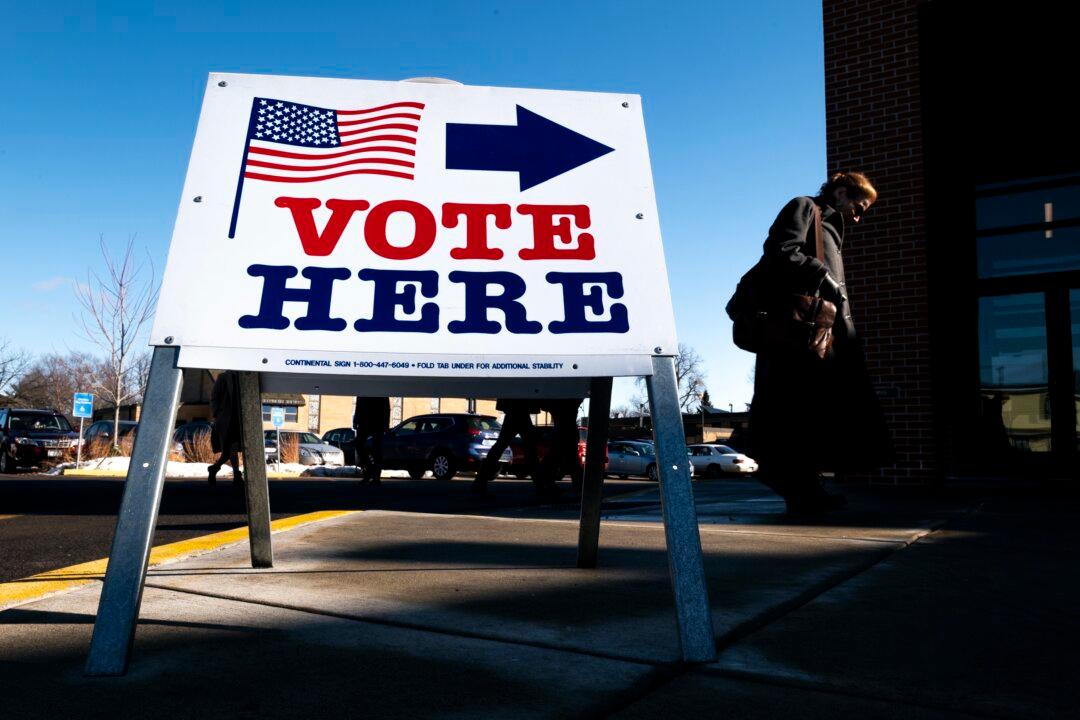Commentary
American power is such that elections are keenly watched no matter where in the world one lives. While only U.S. citizens get to vote, non-Americans still have a team for whom they barrack.

American power is such that elections are keenly watched no matter where in the world one lives. While only U.S. citizens get to vote, non-Americans still have a team for whom they barrack.